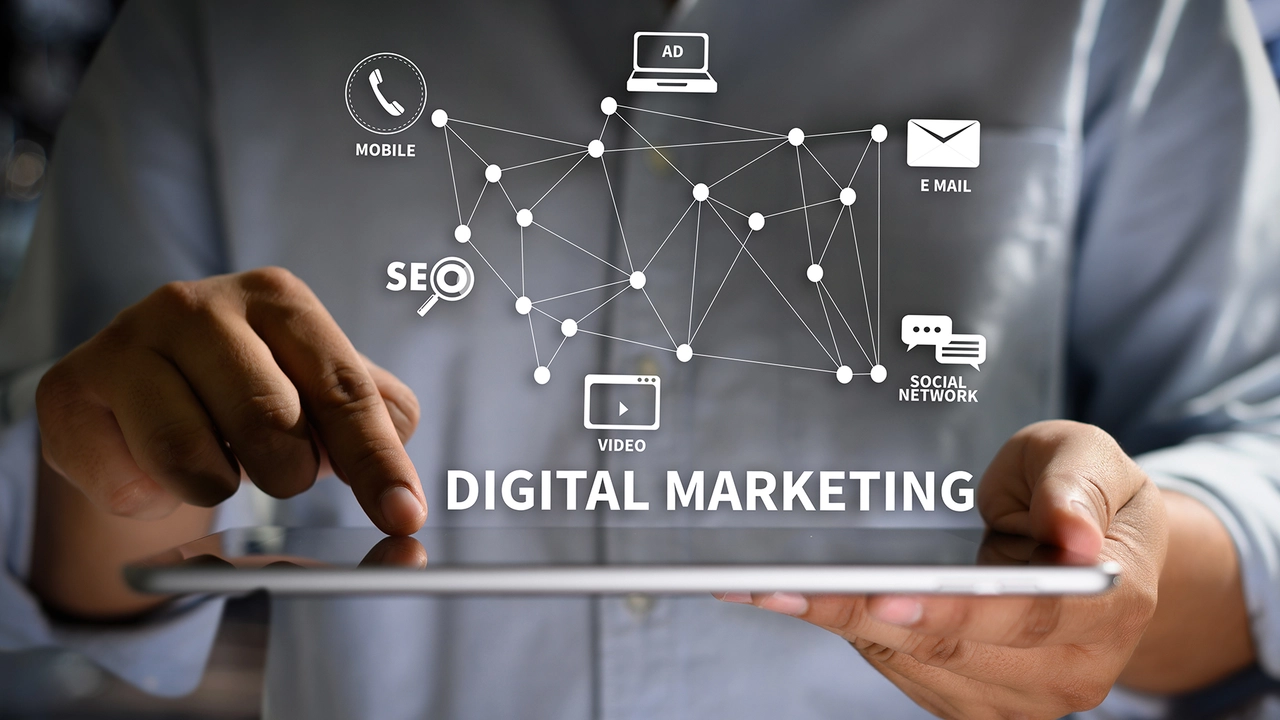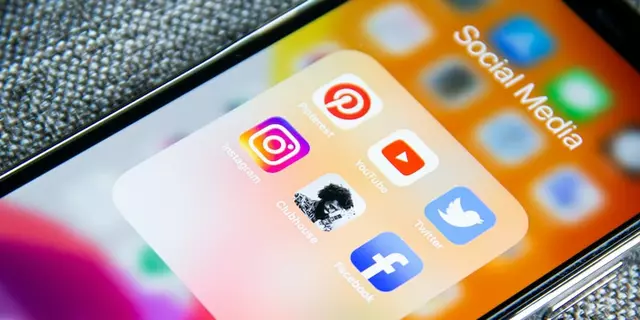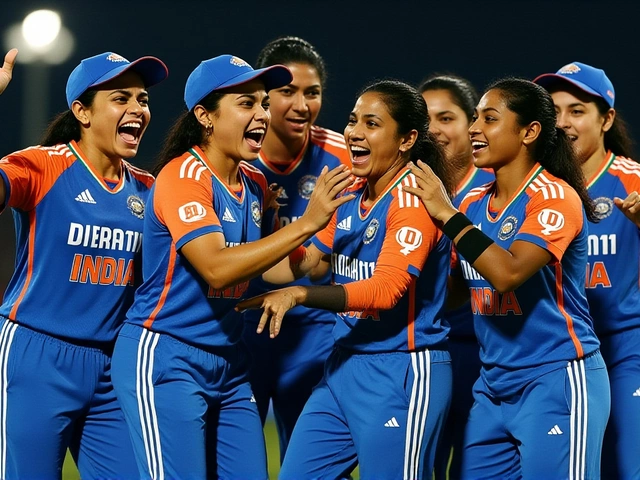Digital Marketing Services: What You Need to Know
If you’re wondering how to get more eyes on your brand or boost sales online, you’re in the right place. Digital marketing services cover everything from SEO and content creation to paid ads and influencer collaborations. The good news? You don’t have to be a tech wizard to pick the right mix for your business.
Choosing the Right Digital Marketing Agency
First step: decide whether to go solo or bring in an agency. An agency brings expertise, tools, and a team that can scale with you. Look for three things: proven results, a clear process, and transparent pricing. Most agencies follow stages like market research, strategy development, campaign setup, execution, optimization, and reporting. If a provider can explain each stage and show you real numbers, you’re likely on solid ground.
Ask yourself how much control you want. Some agencies handle everything from ad copy to analytics, while others act as consultants and let you run the day‑to‑day tasks. Your budget, goals, and timeline will shape the answer. For a startup, a lean agency that focuses on quick wins—like targeted Facebook ads—might be ideal. Bigger brands often need a full‑service partner that can juggle SEO, content, and multi‑channel paid media.
Top Service Options to Boost Your Brand
Once you’ve settled on a partner (or decided to DIY), pick the services that align with your objectives. Here are the most common ones and when they shine:
Influencer Marketing – Great for brand awareness and trust. Partnering with social media influencers puts your product directly in front of engaged audiences. The payoff is fast: you see spikes in clicks and sales as soon as the post goes live.
Facebook Ads vs. Google Ads – Both can work, but they serve different goals. Facebook Ads excel at precise audience targeting and building brand recall. Google Ads, on the other hand, drive intent‑based clicks, perfect for immediate conversions. Test both on a small budget, compare cost‑per‑lead, and scale the winner.
SEO and Content Marketing – This is a long‑term play. Optimizing your site for search engines and publishing helpful content builds organic traffic over months. Think of it as planting a garden: you water it regularly and eventually reap steady leads.
Pay‑Per‑Click (PPC) Campaigns – If you need fast results, PPC is your go‑to. Set clear goals—like sign‑ups or sales—and let the platform handle the bidding. Keep an eye on your ad relevance and landing page experience to avoid wasting budget.
Tech‑Focused Digital Marketing – For software or hardware firms, showcasing product demos, webinars, and thought‑leadership pieces works wonders. Combining targeted LinkedIn ads with SEO‑optimized blog posts can position your brand as an industry authority.
Remember, the best strategy mixes several services. A typical funnel might start with influencer buzz to attract attention, follow up with retargeting ads on Facebook, and close the deal with a well‑optimized landing page that ranks on Google.
Whatever you choose, track the right metrics. Click‑through rate, cost‑per‑acquisition, and return on ad spend give you a clear picture of what’s working. Adjust budgets and creative assets based on the data, and you’ll keep improving over time.
Digital marketing services are tools—not magic. Pair them with a solid understanding of your audience, and you’ll see real results without the guesswork.

What kind of prices can a digital marketing agency charge?
Digital marketing agencies can charge a wide range of prices based on the services they provide. It could be as low as $25 per hour for a freelancer or as high as $250 per hour for a top-tier agency. Monthly retainers typically range from $1,000 to $3,000, but can increase depending on the complexity of the project. Additionally, project-based rates can vary greatly, with simple projects costing a few hundred dollars and comprehensive, long-term campaigns reaching into the tens of thousands. It's important to remember that the cost often reflects the quality and extent of the services provided.
Categories
- Cricket (5)
- Digital Marketing (3)
- Sports (2)
- Digital Marketing Strategies (1)
- Social Media Marketing (1)
- Digital Marketing Agency Resources (1)
- Digital Marketing and Advertising (1)
- Online Shopping & E-commerce (1)
- Technology and Digital Marketing (1)
- Entertainment (1)
Popular Articles


